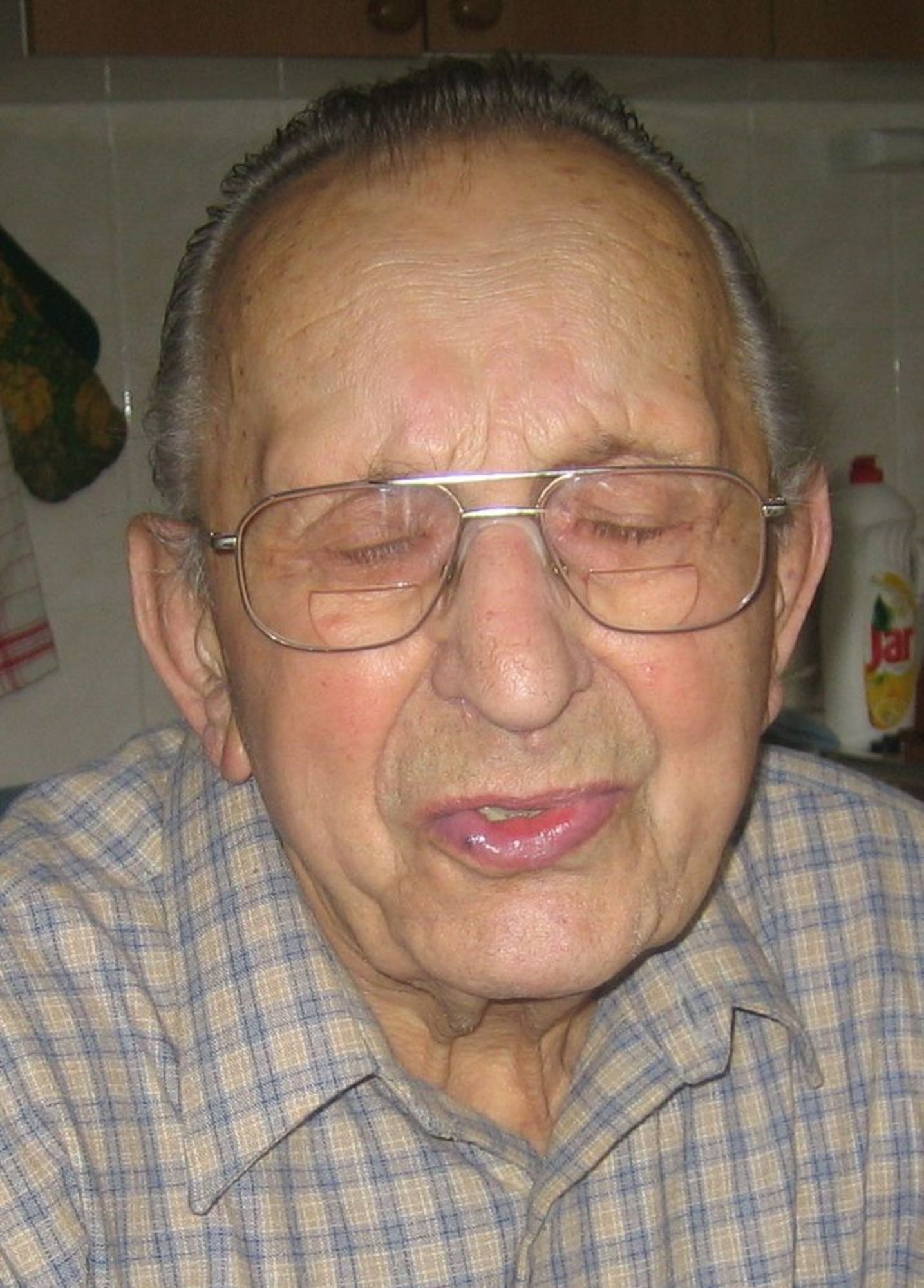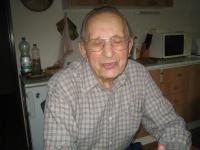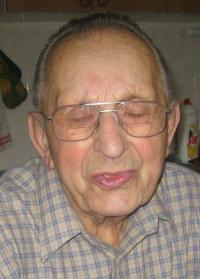Don’t regard me as a hero

Download image
Josef Koudela was born on 22 August, 1922, in Třemošnice. He grew up with his brother and his loving parents. After having completed primary school, he attended secondary school in nearby Ronov and later began an apprenticeship as a toolmaker in the Bartoš and Associates factory. Shortly after the beginning of the war, the Nazis arrested Josef’s father who had served as a member of the illegal Communist Party in Licoměřice and also presided over the trade unions in the factory. For his communist convictions, he was put into jail for four years. He returned from prison in 1942 in a poor state of health. In 1944, Josef had the opportunity to help the partisans who at that time operated in the Železné Hory Mountains. He agreed to cooperate with them and was tasked with supplying them with food. He was also charged with the task to determine the weak spots of the factory where he worked. The production in the factory had been refocused on the war industry after the breakout of the war. Unfortunately, the activities of the group were disclosed in the winter of 1944 and Josef Koudela was arrested along with others. They were first detained in Čáslav for a week and thereafter they were sent to Theresienstadt, where they were placed in the so-called small fortress - the dreaded Gestapo prison. There, they experienced a number of harsh interrogations. Josef Koudela remembers the grueling work, lack of food and the all-pervasive cruelty of the Gestapo officers. Shortly before the liberation in May 1945, he caught typhoid fever and only received treatment after the arrival of the International Red Cross. When he finally recovered from the illness, he returned to Třemošnice to see again his parents and fiancée. After the war, Josef Koudela completed his secondary education and got a job in Česká Lípa, where he then spent a substantial part of his life, together with his wife and two sons. After he retired, he returned to his native Třemošnice. Josef Koudela died in 2019.

